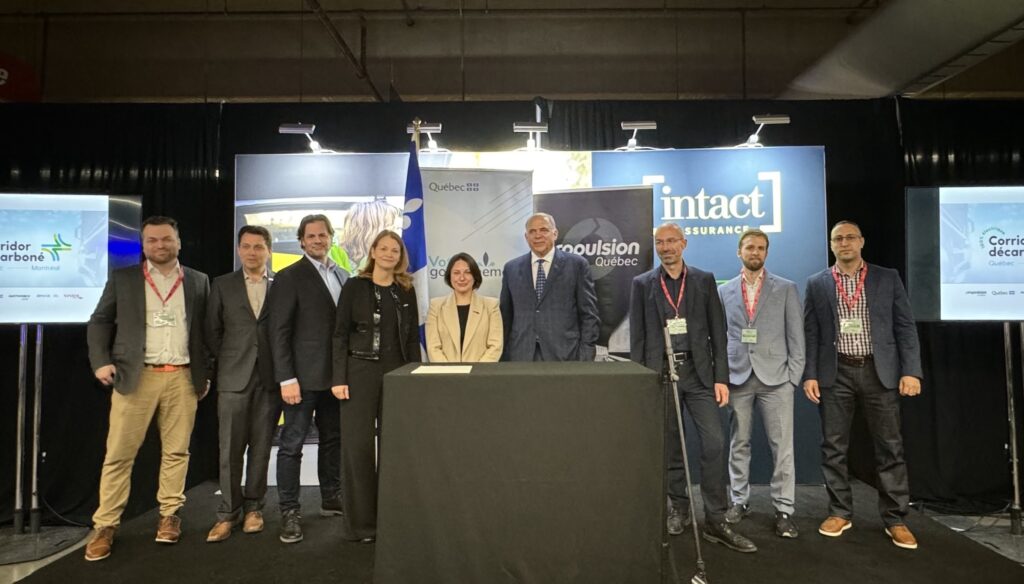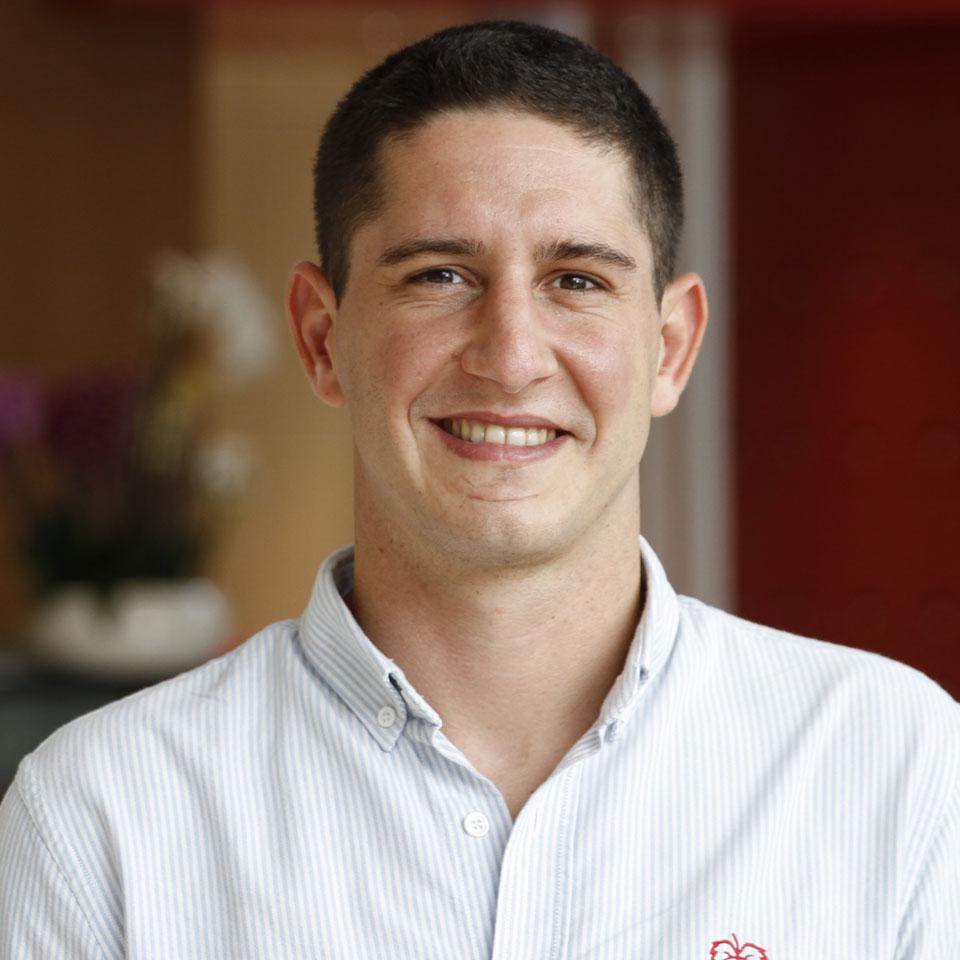Establishing a complete electric logistics chain, from warehouses to shops and consumers, is the ambition of the Quebec authorities. Their aim is to test 7 battery-electric trucks for 3 years, under real-life commercial conditions, on the busiest intercity route in La Belle Province. A full-scale demonstration of decarbonization was launched on Friday by Quebec’s Minister of the Economy at the Montreal Electric Vehicle Show.

Under the aegis of Propulsion Québec, representing the players in the electric mobility sector, SYSTRA Canada is working alongside major industry players to plan and analyse the data and develop predictive tools for electricity consumption based on artificial intelligence. One of the major objectives of the project is to provide the industry with the analysis and feedback generated in order to promote the electrification of freight transport in Quebec.

It is excellent news to be part of this innovative project supported by Propulsion Québec. SYSTRA Canada is capitalizing on its experience and capacity for innovation in transport electrification projects. We are anticipating changes in the market by positioning ourselves upstream in future projects to transform logistics chains. Many lessons can be learnt from this approach, while enabling SYSTRA Canada to broaden its field of action in electromobility.
Vincent Berducou, Electromobility, operation and maintenance director, SYSTRA Canada
Intercity logistics in question
Montreal and Quebec are 250km apart and are currently served by combustion-powered heavy goods vehicles (HGVs), but electric technology is beginning to make sense for distances of this magnitude. How far are we from decarbonizing the entire logistics chain? Firstly, we need to increase our knowledge and experimentation, rethink planning, install recharging infrastructure, as well as consider all the logistics of the last few kilometres, right up to customers’ homes.
Propulsion Québec estimates that the project will reduce greenhouse gas emissions by more than 4,000 tonnes of CO2 equivalent over 3 years, while hoping to demonstrate the technical and commercial reliability of a carbon-free logistics chain of this kind. In the longer term, this pilot project could serve as an example for promoting and raising awareness of decarbonisation throughout the road transport sector.
Quebec at the forefront of electric mobility
This success adds to a long list of references already accumulated by SYSTRA Canada in the field of decarbonizing transport. This began in 2018 with a feasibility study for a new electric bus depot in Montreal, and continued with the development of the TESS (Transit & Electromobility Smart Simulator) solution, which sizes the infrastructure needed to operate electric vehicles.
Recently, SYSTRA Canada was selected as one of the members of the Sybel consortium to support the electrification of a fleet of 77 buses for the Société de Transport de Trois-Rivières (STTR).
 Arabie Saoudite
Arabie Saoudite  Australie
Australie  Brésil
Brésil  Canada
Canada  Chine
Chine  Corée du Sud
Corée du Sud  Danemark
Danemark  France
France  Inde
Inde  Indonésie
Indonésie  Irlande
Irlande  Italie
Italie  Malaisie
Malaisie  Norvège
Norvège  Nouvelle-Zélande
Nouvelle-Zélande  Pologne
Pologne  Royaume-Uni
Royaume-Uni  Singapour
Singapour  Suède
Suède  Taïwan
Taïwan  Thaïlande
Thaïlande  USA
USA  Vietnam
Vietnam 





